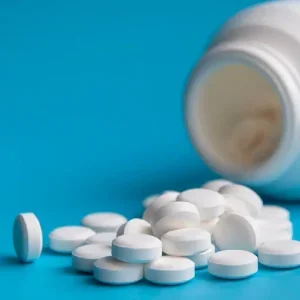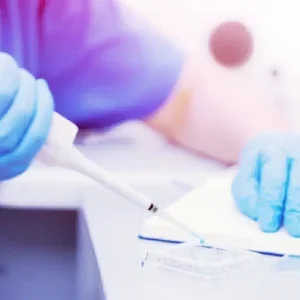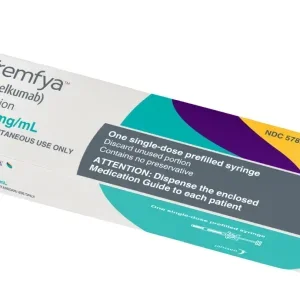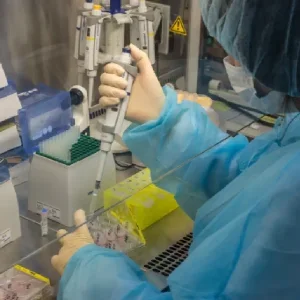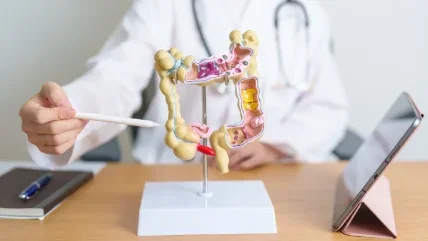
UK-based Biodexa Pharmaceuticals has received the European Commission (EC) Orphan Drug Designation for eRapa in treating familial adenomatous polyposis (FAP).
eRapa is an oral tablet formulation of rapamycin that targets FAP, a precancerous colon condition lacking pharmaceutical interventions.
Rapamycin is an mTOR inhibitor involved in cellular metabolism and growth regulation.
mTOR is over-expressed in FAP polyps, supporting the use of eRapa as a treatment.
The drug is designed to improve bioavailability and reduce toxicity, common issues with existing rapamycin forms.
The Orphan Drug Designation aims to encourage the development of treatments for rare, life-threatening diseases, with 10 years of marketing exclusivity upon approval
Biodexa Pharmaceuticals CEO and CFO Stephen Stamp said: “This Orphan Drug Designation is another important step as we move our FAP program forward into a registrational Phase 3 study.
“We are committed to providing global access to eRapa for as many patients as may benefit. This designation is an important step in our collaboration with EMA for our marketing authorisation in the EU.”
The European regulator granted the designation based on a positive opinion from the EMA Committee for Orphan Medicinal Products.
Data from a Phase 2 study showed that eRapa is safe and well-tolerated, with a 17% reduction in total polyp burden over 12 months.
The study also reported a 75% non-progression rate, with cohort 2 showing a 29% reduction in polyp burden and an 89% non-progression rate.
The Phase 3 study, which is in its final stages, will use the dosing regimen from cohort 2.
Also, the study involves a double-blind, placebo-controlled study with 168 patients across 30 sites in the US and Europe.
The Phase 3 trial is supported by a $17m grant from the Cancer Prevention Research Institute of Texas and an $8.5m company match.
LumaBridge will conduct the US component, while Precision for Medicine will manage the European segment of the study.


